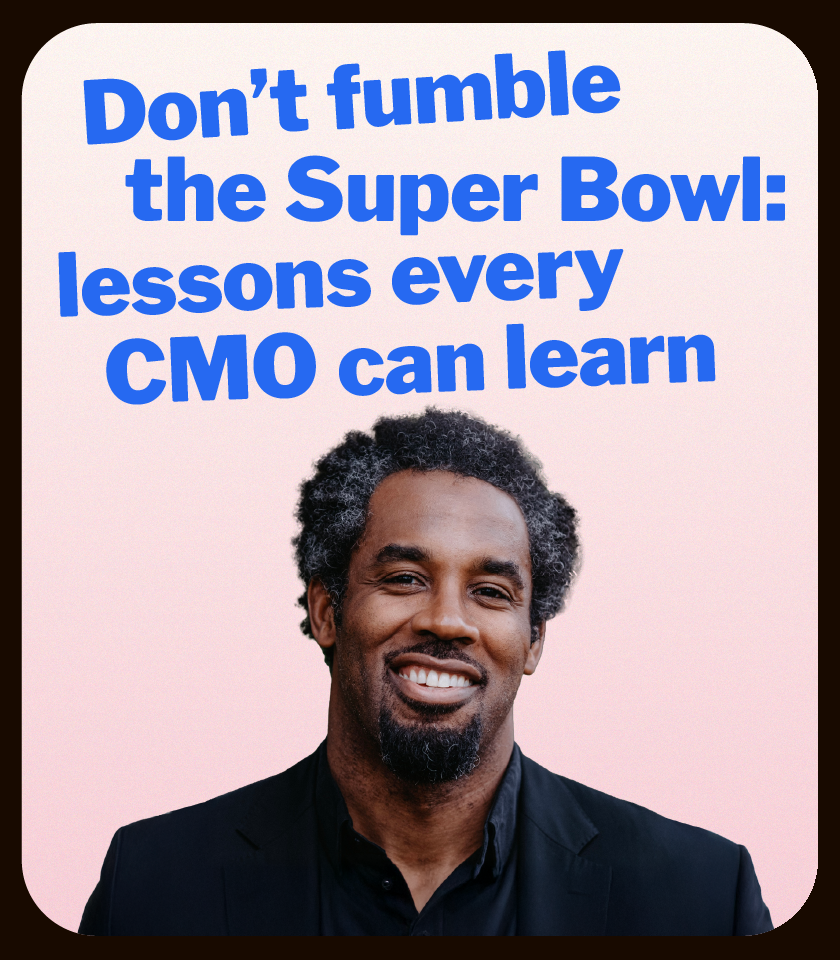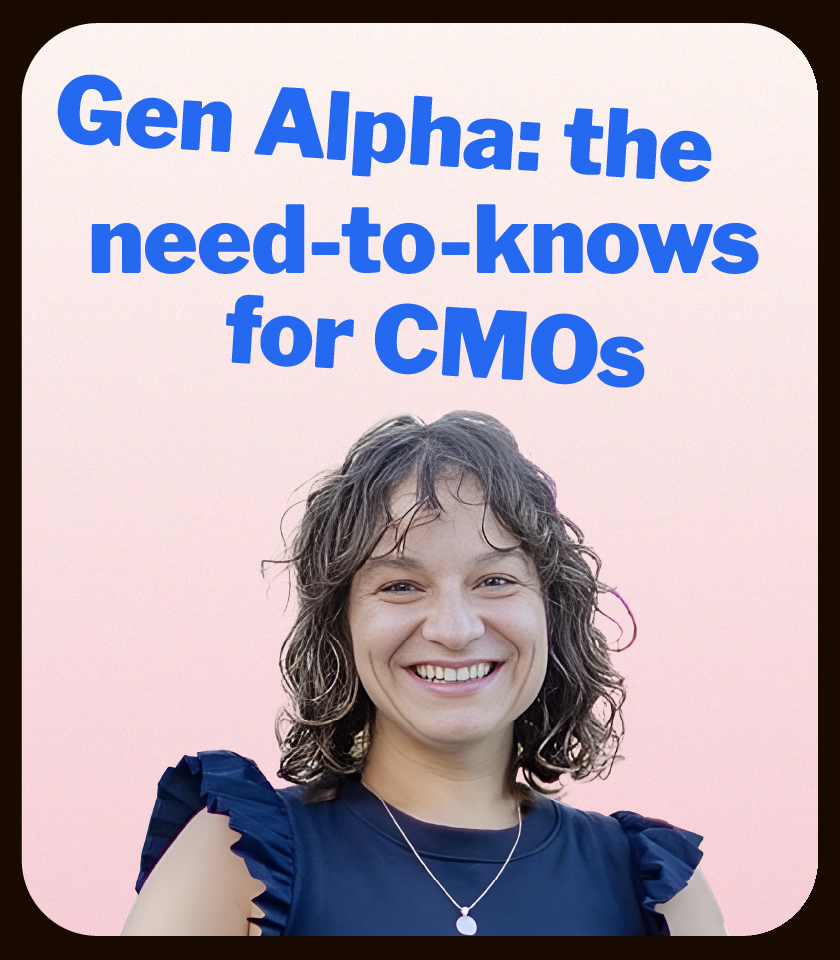In a world where brands are now expected to act like people, authenticity is now even more critical to your brand's success.
User-generated content is on the rise, creating a shift in our society where we rely on influencers more than celebrities to tell us what to do and what to buy. Why? Because they look and feel more like us. According to a study done by Businesswire, consumers are 2.4 times more likely to say that user-generated content is more authentic than content created by brands.
Long gone are the days when only movie stars with flawless skin tell us what to do with our skincare routine; now, everyday people on TikTok not only show us their flaws but teach us how to embrace them. Not only is this culture shift interesting – it’s empowering.
In our increasingly results-oriented world, marketing has become all about efficiency. Companies have sought out quicker, more effective, non-human ways to connect customers with products and services. Why? Because it’s cheaper, less time-consuming, and more focused on a company’s bottom line. And, while we live in a world where brands are actively chasing these time-saving solutions, younger generations like Millennials and Gen Zs are running in the opposite direction: intentionally seeking out more authentic and real interactions with brands. I, for one, am sick of repeatedly screaming “REPRESENTATIVE!” on the phone with my insurance company, and I’m sure I’m not the only one who would prefer to chat with a real live human rather than an automated bot.
And the same goes for advertising – consumers want to see the raw, relatable, and realistic side of brands rather than the perfectly curated version of them. According to Professor of Marketing at Northwestern Jacob Teeny, it’s all about a psychological phenomenon called the Pratfall effect. In a study done on this effect, researchers found that introducing a small character flaw tends to make you more likable. As humans, we know that imperfections are what make us unique, engaging, and interesting. In contrast, perfection is not only unrelatable and unachievable – but simply boring.
This begs the question: Why are consumers, especially from younger generations, making such a dramatic turn towards preferring imperfection? According to a study done by McKinsey, Gen Z’s behavior is rooted in the search for truth. This generation is considered to be digital natives, because their entire lives, they’ve had easy access to information on their phone or computer. Therefore, they tend to be more analytical and realistic with their decision-making, aware of the abundance of information that is available to them while simultaneously being skeptical about where that information is coming from.
So how can a brand use authenticity to its advantage? Recently, many brands across different industries have successfully capitalized on building an authentic image that is relatable to their customers. Clothing brand Aerie has become synonymous with inclusivity and body positivity through their #AerieReal campaign, where they break down unrealistic standards of beauty by using models of all shapes, sizes, and walks of life in their promotions, social media, and website. Social media app BeReal has taken the world by storm as it prompts users to post a photo at a randomly-assigned time each day – aiming to combat the heavily curated, over-edited content seen on other platforms. Vegan milk brand Oatly has adopted an unapologetically honest tone in their messaging, with billboards that say “You actually read this? Total success.” and murals that boldly state “We made this ad look like street art so you would like it better than if it was just an ad.”
What do all these brands have in common? They are not striving to be perfect – they are striving to be authentic.
A GWI Zeitgeist survey reported that 41% of Gen Z social media users want to see content that they find relatable, which means it’s more important than ever for brands to be empathetic, engaging, and genuine. And just as nobody can relate to a perfect person, nobody can relate to a perfect brand. So tap into humility. Tap into honesty. Tap into authenticity. Tap into whatever makes your brand genuine and relatable and real. Leverage UGC to amplify the voices of those who are already loving your brand, use a diverse range of actors and models who challenge unrealistic social standards, and focus on creating relatable and inspirational content that people will want to share with the world.








